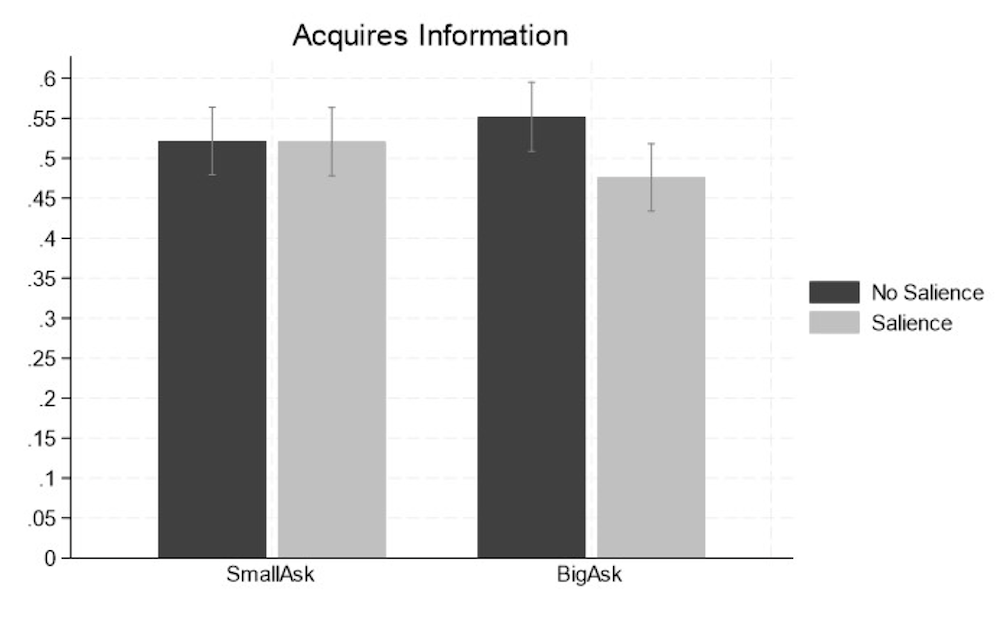
Do we know what the impact of our consumption patterns are? What if acquiring this knowledge encourages us to change our behavior? A study involving an international research team, including CMCC, examines how people approach sustainable choices, the acquisition of information and the value of social pressure in determining our behavior.
We often assume that people do not act in ways that are environmentally friendly because they lack adequate information and hence hold incorrect beliefs on the consequences of their behavior. In fact, this is the basic assumption that underpins much of the environmental policies on information provision and environmental education implemented by policymakers.
A new study – funded by the CMCC through the European Research Council grant project COBHAM, whose objective is to study behavior and interactions among individuals and their impact on energy efficiency and climate change mitigation – looks at the effectiveness of behavioral nudges on environmentally friendly decision-making.
“When people know that acquiring certain information will make them feel compelled to adopt costly behavioral changes, they prefer to avoid the information and hold on to beliefs that license their inaction,” says Giovanna d’Adda, CMCC researcher and lead author of the study.
By focusing on a behavior that has significant environmental implications, namely AC usage, the paper is able to test the effects of social pressure on the decision to act in an environmentally friendly manner. “This result shows that a common nudge to encourage pro-environmental behavior, social pressure, backfires when the behavioral change required is perceived to be costly,” says d’Adda.

When the perceived cost of acting upon the information is low, the likelihood of acquiring information on the environmental impacts of AC usage is not affected by whether the individual feels pressure to act pro-environmentally. On the contrary, when the perceived cost is high, adding social pressure to act pro-environmentally leads to a statistically significant reduction in the likelihood that individuals acquire information that may encourage a behavioral change.
In a first for papers in the environmental domain, the study reveals how common policies that foster pro-environmental behavior may backfire when individuals can avoid information and, in the process, feel entitled to inaction by holding onto incorrect beliefs.
Furthermore, the results of the study have important policy implications. “We have shown the limits of nudges when they do not consider the context, particularly in terms of wiggle room for escaping moral obligation. These limitations must be taken into account, particularly as the climate emergency will force us to make increasingly costly behavioral changes,” concludes d’Adda.
For more information:
Giovanna d’Adda, Yu Gao, Russell Golman, Massimo Tavoni, Strategic information avoidance, belief manipulation and the effectiveness of green nudges, Ecological Economics, Volume 222, 2024, 108191, ISSN 0921-8009, https://doi.org/10.1016/j.ecolecon.2024.108191


